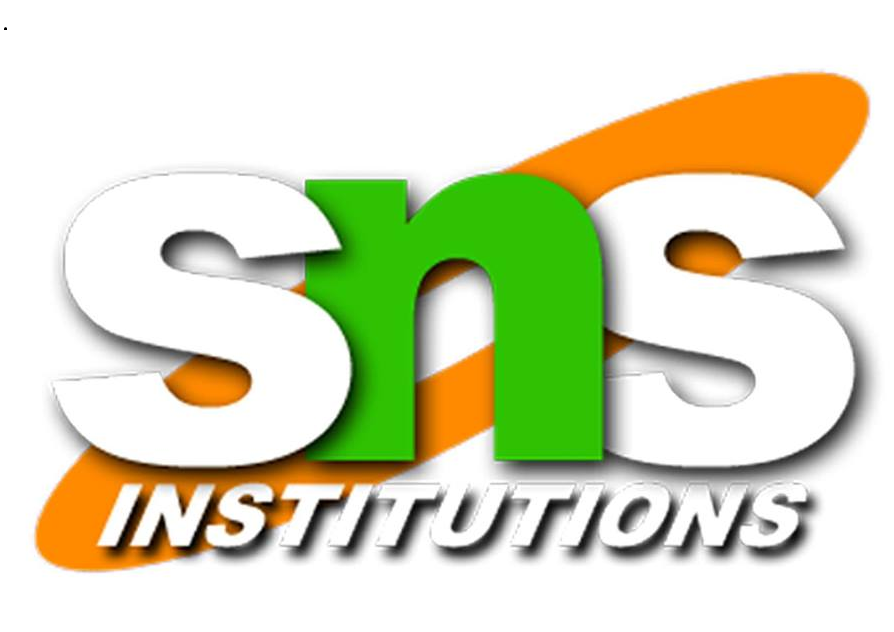Change Subject
- LAC
- BD1LC- Language Across the Curriculum Subject Name
- BD1CA-Pedagogy of Commerce and Accountancy: Part –I
- BD1EC -Pedagogy of Economics: Part –I
- BD1PS -Pedagogy of Physical Science: Part –I
- BD1MA-Pedagogy of Mathematics: Part –I
- BD1CS-Pedagogy of Computer Science: Part –I
- BD1TL-Teaching and Learning (Class B)
- BD1TL-Teaching and Learning (Class A)
- BD1EN-Pedagogy of English: Part –I (Class A)
- BD1EP-Educational Psychology (Class A)
- BD1BS-Pedagogy of Biological Science: Part –I
- BD1EP-Educational Psychology (Class B)
- BD1PS -Pedagogy of Physical Science: Part –I
- BD1CE-Contemporary India and Education
- BD1CE-Contemporary India and Education
- BD1TA-Pedagogy of Tamil: Part –I (Class B)

